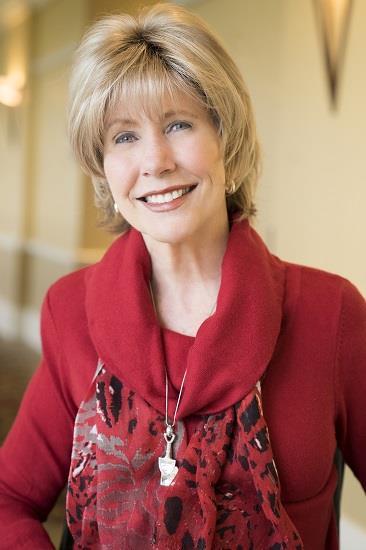
If you’ve been watching the news over the last few months, you will know that it’s been a tumultuous season in the streets of America. The scourge of COVID-19 seems to pale in comparison to the widespread rioting and looting, all of it sparked by the brutal actions of a rogue police officer that resulted in the death of George Floyd. The ensuing violence quickly raised America’s “dividing wall of hostility” (Ephesians 2:14).
The need for transformed hearts
In my country, racism has long been systemic. But now, frustrations have brought us to breaking point. We are grieving the loss of life, the rage that resulted and the untold damage to lives and to our communities. For years, the US has tried to legislate away racism with landmark civil rights laws, but federal statutes do not uproot prejudice from the heart. I recall being at the White House when the Americans with Disabilities Act was signed into law. That same day, Paul Hearne, who served as the executive director in 1990 on the National Council on Disability, said: “There’s now an historic law on the books, but it does not guarantee justice. Discrimination is a problem of the heart.”
It’s why, when we constructed our Joni and Friends’ headquarters, I chose Amos 5:24 as the first Bible verse visitors would see when they entered our lobby. Written at the base of the chapel, it says: “But let justice roll down like waters, and righteousness like an ever-flowing stream” (NRSV). If justice is to roll on, and if righteousness is to flow like a river across our country, hearts need to be transformed.
Becoming God’s agents of change
Nehemiah faced the same problem. When he saw his beautiful Jerusalem in shambles, its walls torn down and its people murdered in the streets, he said: “I sat down and wept, and mourned for days” (Nehemiah 1:4, NRSV).
His response is one many of us can relate to. Perhaps a terrible crime has ripped apart our quiet little town, or a drug raid has exposed a frightening underworld in our neighborhood. But how many of us do what Nehemiah did next? He fasted and prayed for his nation. But he didn’t simply leave his prayer in God’s hands; he did something. He offered himself as God’s agent of change. Nehemiah was no community organiser; he was merely “a cupbearer to the king” (Nehemiah 1:11). But he knew he was God’s man for the job of rebuilding and reconciliation.
For want of prayer, fasting, and social action, many Western, industrialised nations are crumbling under that same “dividing wall of hostility” spoken of in Ephesians. Societies no longer rally around a moral consensus comprised of healthy social norms. It is a day not unlike Nehemiah’s. Our sovereign God obviously hears our prayers for our respective nations, but will you take the next step? Will you pray, then, like Nehemiah, will you get actively engaged in God’s plan to bring about spiritual and social reformation?
Jesus said in Matthew 5:9: “Blessed are the peacemakers.” So, reach out to others. Pray about inviting a neighbour of a different race over to dinner. Open up the conversation; listen and ask questions. If your friends or associates make hurtful racial remarks, hold them accountable. Most of all, pray for revival. Legislation will not transform hearts, but the gospel message of Jesus Christ will. When we live out the good news in word and deed, when we become salt in our communities and win people to the side of our saviour, we will experience the blessing of being a peacemaker.
I am praying that God will use the seismic social upheaval in America to lay the groundwork for national revival. I also believe that cultural change starts with me… and you, too. Because God is not looking for people with degrees in criminal justice or social policy – he’s simply looking for cupbearers like us.
Joni Eareckson Tada is an advocate for people with disabilities and a popular author and speaker. She partners with the UK organisation ThroughTheRoof.org



























